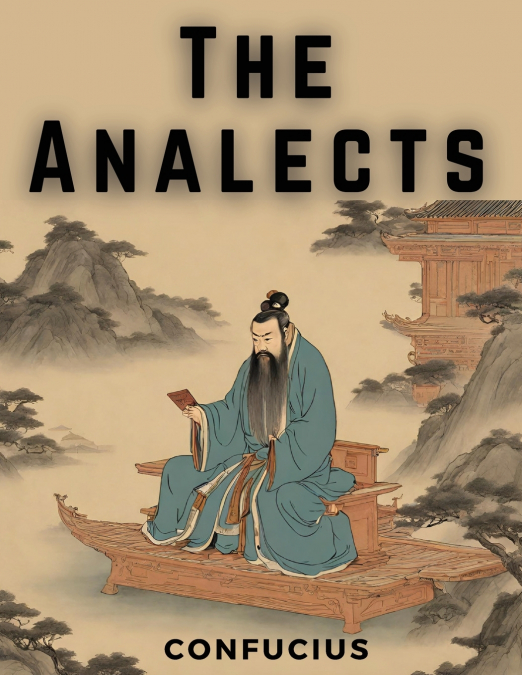
Confucius
'The Analects' is a collection of philosophical and ethical teachings attributed to the ancient Chinese philosopher Confucius. It is one of the most important texts in Chinese philosophy and has had a profound influence on Chinese culture for over two millennia.Compiled by Confucius’s disciples after his death, 'The Analects' is not a single, unified work but rather a collection of sayings, dialogues, and anecdotes that provide insights into Confucius’s thoughts on various topics such as morality, politics, education, and interpersonal relationships.The central theme of 'The Analects' revolves around the concept of ren, often translated as 'benevolence,' 'humaneness,' or 'virtue.' Confucius believed that cultivating oneself morally and ethically was essential for creating a harmonious society. He emphasized the importance of self-discipline, proper conduct, and the fulfillment of social roles.The text also discusses the importance of filial piety, loyalty, and the cultivation of personal character. Confucius’s teachings emphasize the significance of education in shaping individuals and society, advocating for lifelong learning and self-improvement.Throughout 'The Analects,' Confucius is depicted as a wise and virtuous teacher who sought to guide his disciples toward moral excellence and social harmony. His teachings continue to be studied and revered by scholars, educators, and individuals seeking guidance on living a meaningful and ethical life.